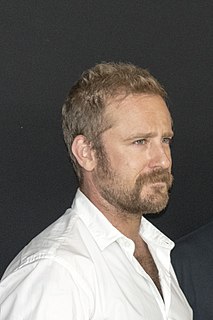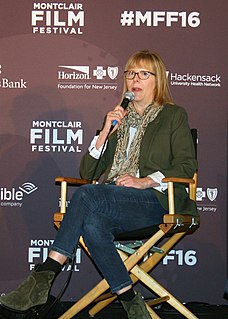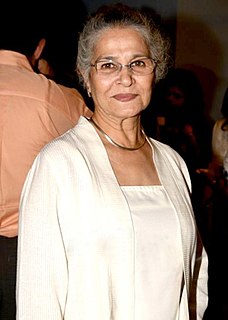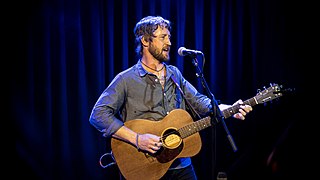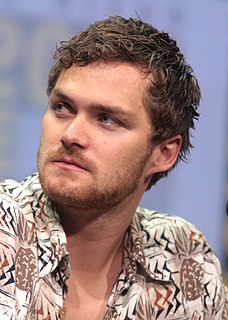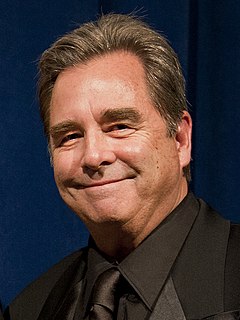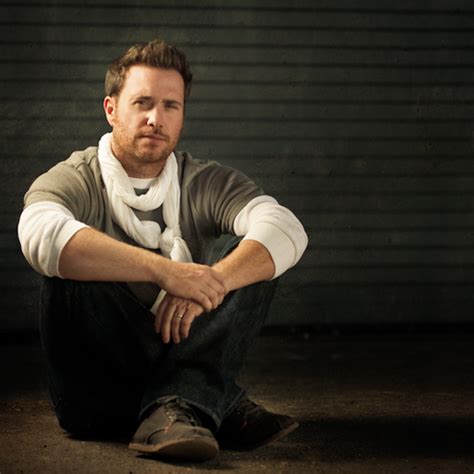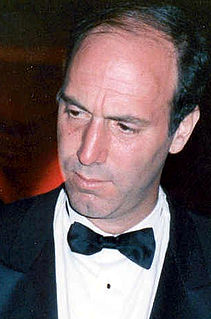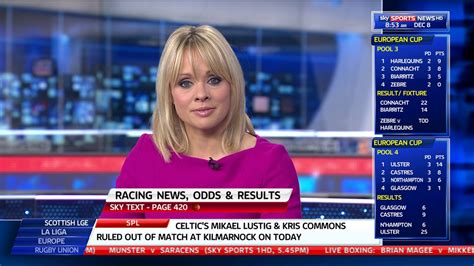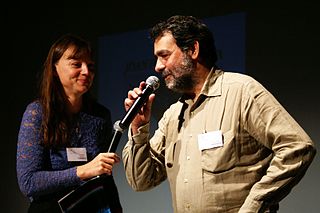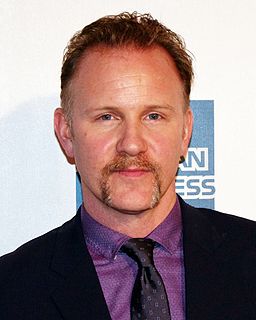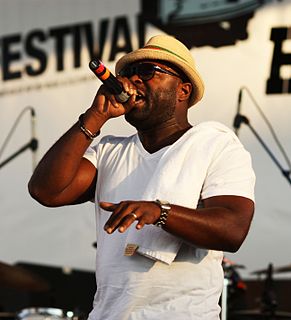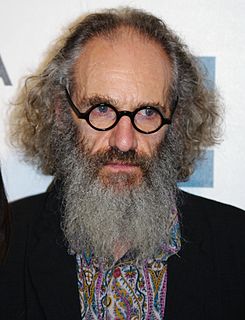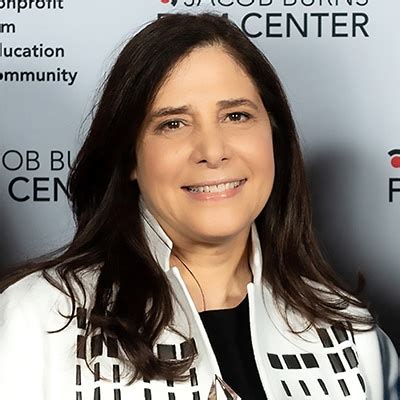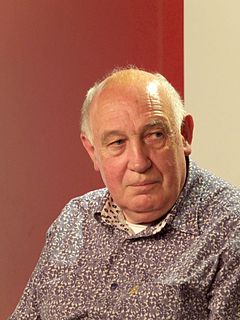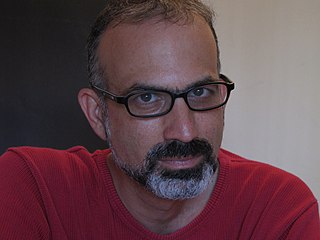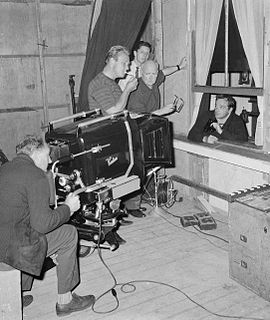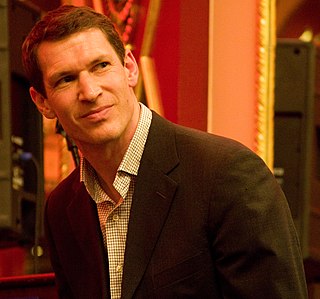Top 1200 Documentary Film Quotes & Sayings
Explore popular Documentary Film quotes.
Last updated on December 18, 2024.
We've turned film into such an industry that we pursue naturalism just by shaking the camera and cutting the film to ribbons to provoke a bogus sense of documentary. But we haven't done the homework. To push the depth that the Actor's Studio did or the Russian theatres did with their actors is to rehearse, to spend time, to dig, to excavate.
In 1993, my first documentary was about the civil war in Algeria. That was in French and in Arabic. Another short film I did was silent. What I'm trying to say is that, yes, I'm Italian, and yes, I make films with Italian money, but personally, I've always been invested in the broader world of film-making.
Working on 'The War Room' was a thrill, not only because we were given such exquisite access to the nerve center of Bill Clinton's first presidential campaign, but for me personally, it was so exciting to be producing my first film and working with documentary filmmaking legends D.A. Pannebaker and Chris Hegedus, who were the film's directors.
It's difficult to make movies. For me it was easier, as a refugee in Switzerland, to make documentary films, because I didn't need a lot of money for it. The way I tell my story or my opinion would be very similar in both fiction and documentary forms. But I found I could speak more effectively to convey this brutal reality through documentary than I could through fiction.
My hat's off to documentary filmmakers. I don't know if I'm ever going back to it. You're treated like a second-class citizen at most film festivals. You take the bus while everybody else is flown first-class. If you're a feature film director, you're put in a five-star hotel, and if you're a documentary director, you stay in a Motel 6.
When you say documentary, you have to have a sophisticated ear to receive that word. It should be documentary style, because documentary is police photography of a scene and a murder ... that's a real document. You see, art is really useless, and a document has use. And therefore, art is never a document, but it can adopt that style. I do it. I'm called a documentary photographer. But that presupposes a quite subtle knowledge of this distinction.
I'm ready for all forms of dialogue about the film The Conquest. There will be a lot of political talk, but I don't think the film itself will be scandalous. For the French, there are so many emotions relating to Sarkozy and politicians in general that I think the film will generate a lot of passion, whether it be negative or positive. Above all, it's a fictional film. It was important not to make a documentary and to really pay attention to the images. From the choice of the actors to the mise en scene, the film is completely cinematographic. It's not just a boring political movie.
I would make a huge distinction between theater improvisation and film improvisation. There isn't much improvisation in film - there's virtually none. The people that theoretically could be good at this in a theater situation don't necessarily do this in a film in a way that will work, because it's much broader on a stage. But in a movie, it has to be real, and the characters have to look entirely real because it's being done as a faux documentary, so there are even fewer actors that can do that on film.
To the documentary director the appearance of things and people is only superficial. It is the meaning behind the thing and the significance underlying the person that occupy his attention... Documentary approach to cinema differs from that of story-film not in its disregard for craftsman-ship, but in the purpose to which that craftsmanship is put. Documentary is a trade just as carpentry or pot-making. The pot-maker makes pots, and the documentarian documentaries.
What is interesting to me about film, and documentary film in particular, is that I can write about these people, and you trust my judgment, more or less, but when you're confronted yourself with humans who are right there on the screen telling you their story, you make a judgment yourself that is conclusive.
There is a documentary element in my films, a very strong documentary element, but by documentary element, I mean an element that's out of control, that's not controlled by me. And that element is the words, the language that people use, what they say in an interview. They're not written, not rehearsed. It's spontaneous, extemporaneous material. People
Most people look at a feature film and say, "It's just a movie." For me there is no border or wall between fiction and documentary filmmaking. In documentaries, you have to deal with real people and their real feelings - you are working with real laughter, happiness, sadness. To try to reflect the reality is not the same as reality itself. That's why I think that making a good documentary is much harder than making a good feature film.
